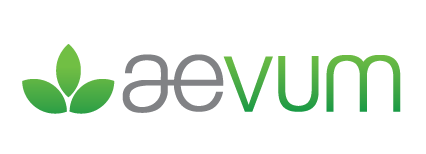Paediatric Physiotherapy
‘The core foundation of Aevum Kids is achieving a child and family centred model of care.’
Paediatric physiotherapy involves anything and everything related to the physical development of infants, children and adolescents. Despite seeming like ‘little humans’, children can’t be treated as ‘mini adults’ as their needs are completely different. Children require care and nurturing that focuses on their holistic development.
In the healthcare setting, children must be included as participants in their care and decision making, and their interests must be put at the forefront. The core foundation of Aevum Kids is achieving a child and family centred model of care. Playing and learning are important concepts which are focused on at Aevum Kids.
A paediatric physiotherapist specialises in working with children and has an extensive understanding in child development. They are qualified to assess, diagnose and treat a broad range of movement difficulties and developmental concerns. Not only does a paediatric physiotherapist work with children, but they also work closely with various parties who are involved in the child’s upbringing - including family members, teachers, child-care educators and other medical professionals.
What does a Paediatric Physiotherapist Assist with Managing?
On first thought, you might think that the scope of a paediatric physiotherapist is limited, but the list is endless!
As a general guide based on various age groups, here is a list of common movement difficulties and disorders that can be managed with physiotherapy:
Babies:
Flattened or abnormal head shape (positional plagiocephaly)
Tight neck muscles (torticollis)
Abnormal foot posture (positional talipes)
Developmental dysplasia of the hip
Difficulties with tummy time
Brachial plexus injury
Monitoring of the growth and development of premature infants
Delays in reaching gross motor milestones (eg lifting head up during tummy time, building neck strength, rolling, crawling and more)
Toddlers:
Delays in reaching gross motor milestones (eg pulling to stand, cruising, standing without support, walking and more)
Abnormal alignment or walking styles (eg up on toes or turned in feet)
Unusual movement patterns (eg w-sitting)
Pre-schoolers:
Delay in reaching gross motor milestones
Clumsy kids who fall or trip regularly
Concerns regarding alignment or movement patterns
Children requiring assistance development school-readiness skills (eg throwing, catching and navigating play equipment)
School age and beyond:
Gross motor difficulties (eg challenges of keeping up with peers)
Concerns about muscle tightness, abnormal posture or movement patterns
Sport specific injuries or performance management
Management of acute injuries and pain
Management of child specific orthopaedic conditions (eg Severs Disease)
Muscle weakness or strength deficits
Weight management
Post-operative management (eg following a broken bone)
Children with any neurological, genetic, developmental or respiratory conditions:
Cerebral Palsy
Down syndrome
Global Development Delay
Muscular dystrophy
Spina Bifida
Autism Spectrum Disorder
Joint hyper mobility
Rheumatological conditions (eg juvenile arthritis)
Respiratory conditions (eg cystic fibrosis)
If you would like to know more about paediatric physiotherapy, please give us a call on 8544 3231 to book in with our in-house paediatric physiotherapist Emily.
Emily Johnson
Paediatric Physiotherapist

